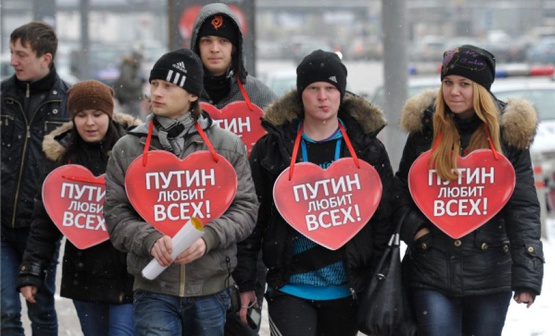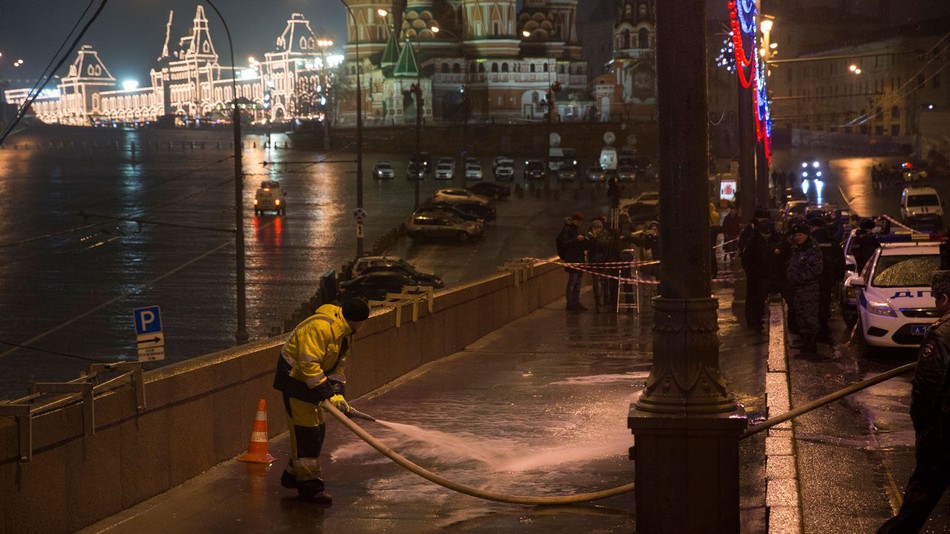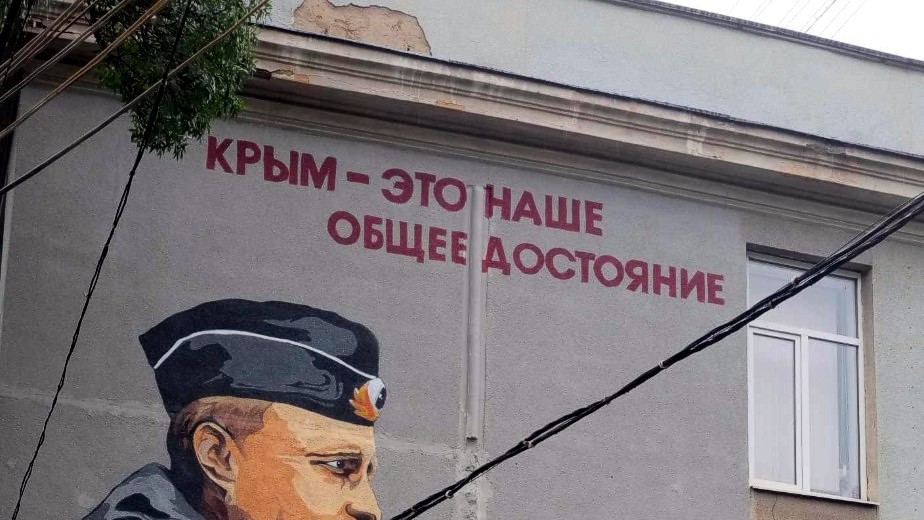As Russians become aware of the costs that Vladimir Putin’s aggression in Ukraine entail, ever fewer of them in the Russian Federation itself say they support what he has been doing. But backing for Putin’s policies remains high in the Russian diaspora where its members have easier access to information sources not controlled by the Kremlin.
The softening of support at home for Putin’s policies is the subject of an article by Aleksey Gorbachev in today’s issue of “Nezavisimaya gazeta.” Their continued high levels among Russians abroad is explored by Novy Region-2’s Kseniya Kirillova.
Gorbachev, political observer for “Nezavisimaya,” reports that a new Levada Center
poll shows that “the share of those who have doubts” about the correctness of the annexation of Crimea “is slowly but constantly growing,” with fewer than a year ago feeling this was the triumph of justice (28 percent against 31 percent) or approving it (44 percent instead of 47).
The share of Russians who believe that Moscow acted as it did in Crimea to protect the Russian population there has also fallen, from 62 percent to 55 percent, as has the share of those who believe that Moscow’s actions were intended to promote stability in Ukraine, from 39 percent to 33 percent.
At the same time, however, Gorbachev says, the share of those who believe that the annexation of Crimea was about “restoring historical justice,” a major theme in Kremlin propaganda in recent months, rose from 32 percent to 40 percent
. But the percentage believing that Russia is returning to its traditional role as a great power has fallen from 79 to 72 percent.
The “Nezavisimaya” writer says that “those who consider the Crimean history to be “an error beyond correction” has remained unchanged at six percent, but the share calling it “a great achievement of the Russian leadership” has fallen from 85 to 81 percent. Moreover, the numbers considering it an entirely good thing has fallen to 19 percent, and the number who consider it exclusively or primarily negative has grown to 17 percent.
Just under a third of Russians (32 percent) say they are “completely unprepared” to pay for the development of Crimea
. On another subject, “over the past year, the share of those who consider Russians and Ukrainians to be different peoples has doubled (from 18 to 40 percent),” although 52 percent now hold the opposite view, down from 79 percent in March 2014.
All these figures reflect both the impact of Russian government propaganda and the limits of that propaganda as people reflect on their own about what has happened. But the situation among Russians outside of Russia and especially in the West is different because they have easy access to various media outlets with multiple points of view.
Despite that, as numerous observes have noted, in many cases, including among Russians in the United States, “support of Putin is extremely high” as are “negative attitudes toward the country of residence,” Kirillova, who lives near Seattle in the United States, acknowledges. Her latest article is devoted to why this is so.
She suggests that this pattern raises the question as to why the Russian community abroad is different from others and how and why this pattern of opinions, so rarely encountered among other diasporas, including the Ukrainian, is found among such a high percentage of Russians who have chosen to live beyond the borders of their own country.
Kirillova begins her analysis by commenting on that of Aleksei Tsvetkov, whose recent “Lessons of the Diaspora” article draws a sharp contrast between the way in which Ukrainians and Russians living in the US have behaved with the former integrating into American life and organizing ethnic groups more than the latter.
The Novy region-2 analyst says that while it is true that the Russian diaspora in the US has not formed as many cultural institutions as has the Ukrainian, this has “not led to the loss of Russian self-identification of emigrants from Russia. On the contrary, the level of cohesion is also quite high,” but very different.
“The inability to self-organize and create unions of a ‘horizontal’ type without directives ‘from above’ has not led Russians to assimilate into the milieu of Americans or to lose their identity.” Instead, it has meant that Russian immigrants in the US at least in recent times have been far more ready to take part in organizations organized by the Kremlin and its diplomatic representatives.
In part, Kirillova argues, this reflects the inability of Russians to organize on their own, but there is a deeper and more profound cause, one rooted in the way in which many Russians, even those who leave to live elsewhere, view those who do so, as somehow having “betrayed” their country, an attitude Ukrainians do not face or share.
Except for those who leave after having consciously chosen to be dissidents, many Russians feel at a subconscious level that they have engaged in an act of betrayal, Kirillova says, and consequently, they see participation in organizations Moscow has created and support for Moscow’s positions as a way to show to others and to themselves that they are not traitors.
And that means, she concludes, that “Russian self-identification in the near term promises to remain a problem” both for Russians in the US and for the Americans they live among.





